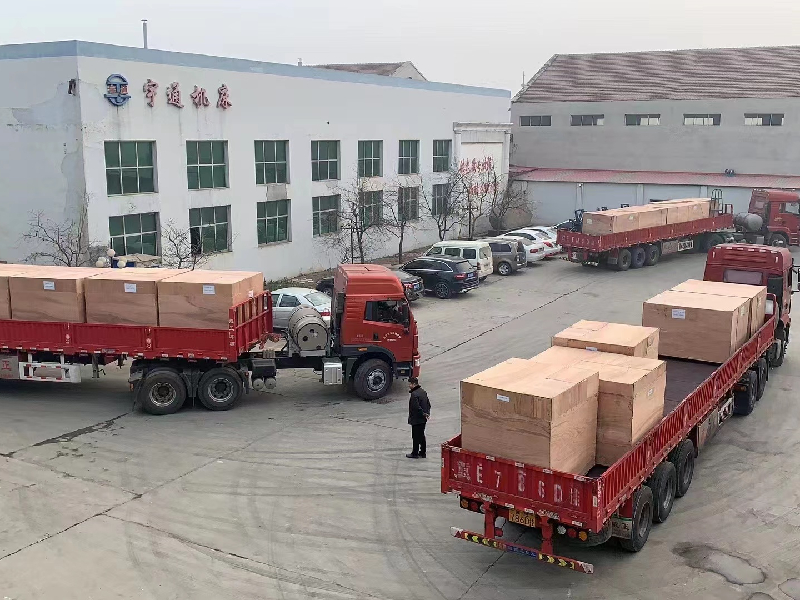
-
 Afrikaans
Afrikaans -
 Albanian
Albanian -
 Amharic
Amharic -
 Arabic
Arabic -
 Armenian
Armenian -
 Azerbaijani
Azerbaijani -
 Basque
Basque -
 Belarusian
Belarusian -
 Bengali
Bengali -
 Bosnian
Bosnian -
 Bulgarian
Bulgarian -
 Catalan
Catalan -
 Cebuano
Cebuano -
 Corsican
Corsican -
 Croatian
Croatian -
 Czech
Czech -
 Danish
Danish -
 Dutch
Dutch -
 English
English -
 Esperanto
Esperanto -
 Estonian
Estonian -
 Finnish
Finnish -
 French
French -
 Frisian
Frisian -
 Galician
Galician -
 Georgian
Georgian -
 German
German -
 Greek
Greek -
 Gujarati
Gujarati -
 Haitian Creole
Haitian Creole -
 hausa
hausa -
 hawaiian
hawaiian -
 Hebrew
Hebrew -
 Hindi
Hindi -
 Miao
Miao -
 Hungarian
Hungarian -
 Icelandic
Icelandic -
 igbo
igbo -
 Indonesian
Indonesian -
 irish
irish -
 Italian
Italian -
 Japanese
Japanese -
 Javanese
Javanese -
 Kannada
Kannada -
 kazakh
kazakh -
 Khmer
Khmer -
 Rwandese
Rwandese -
 Korean
Korean -
 Kurdish
Kurdish -
 Kyrgyz
Kyrgyz -
 Lao
Lao -
 Latin
Latin -
 Latvian
Latvian -
 Lithuanian
Lithuanian -
 Luxembourgish
Luxembourgish -
 Macedonian
Macedonian -
 Malgashi
Malgashi -
 Malay
Malay -
 Malayalam
Malayalam -
 Maltese
Maltese -
 Maori
Maori -
 Marathi
Marathi -
 Mongolian
Mongolian -
 Myanmar
Myanmar -
 Nepali
Nepali -
 Norwegian
Norwegian -
 Norwegian
Norwegian -
 Occitan
Occitan -
 Pashto
Pashto -
 Persian
Persian -
 Polish
Polish -
 Portuguese
Portuguese -
 Punjabi
Punjabi -
 Romanian
Romanian -
 Russian
Russian -
 Samoan
Samoan -
 Scottish Gaelic
Scottish Gaelic -
 Serbian
Serbian -
 Sesotho
Sesotho -
 Shona
Shona -
 Sindhi
Sindhi -
 Sinhala
Sinhala -
 Slovak
Slovak -
 Slovenian
Slovenian -
 Somali
Somali -
 Spanish
Spanish -
 Sundanese
Sundanese -
 Swahili
Swahili -
 Swedish
Swedish -
 Tagalog
Tagalog -
 Tajik
Tajik -
 Tamil
Tamil -
 Tatar
Tatar -
 Telugu
Telugu -
 Thai
Thai -
 Turkish
Turkish -
 Turkmen
Turkmen -
 Ukrainian
Ukrainian -
 Urdu
Urdu -
 Uighur
Uighur -
 Uzbek
Uzbek -
 Vietnamese
Vietnamese -
 Welsh
Welsh -
 Bantu
Bantu -
 Yiddish
Yiddish -
 Yoruba
Yoruba -
 Zulu
Zulu
rebar thread rolling machine
Rebar Thread Rolling Machine Revolutionizing Construction and Structural Integrity
In today's construction industry, the need for strong, durable, and reliable materials is paramount. The backbone of many structures lies in the reinforcing bars, or rebar, which provide essential tensile strength. To enhance the performance of rebar, especially in high-stress environments, manufacturers have increasingly turned to rebar thread rolling machines. These advanced machines are transforming the way rebar is processed and utilized in construction projects.
A rebar thread rolling machine is designed to create threads on the rebar surface, which significantly improves its ability to connect with other components, such as couplers, anchors, or other rebars. Unlike traditional methods that rely on welding or lapping, threaded connections provide enhanced mechanical performance, allowing for easier installation and increased structural integrity. This is particularly crucial in seismic zones where buildings must withstand dynamic forces.
The process of thread rolling involves the cold forming of threads onto the rebar. This technique has several advantages over methods such as cutting or machining. First, it preserves the material's integrity. The threads are formed without removing any material, ensuring that the rebar maintains its original strength. Furthermore, cold working the surface enhances hardness, which can result in an overall stronger connection.
Rebar thread rolling machines come equipped with various features that optimize performance. Many modern machines are semi-automatic or fully automatic, providing high levels of efficiency and consistency in production. Operators can set parameters for thread pitch, depth, and length, allowing for customization to meet the specific needs of a project. Additionally, the ability to process different rebar sizes on the same machine adds versatility, making them indispensable in a wide range of settings.
rebar thread rolling machine

The impact of these machines extends beyond just construction efficiency. By offering a quicker and more effective way to prepare rebar, thread rolling machines reduce labor costs and time on site. This efficiency is particularly beneficial for large projects where time is critical, enabling contractors to adhere to tighter schedules and potentially minimize delays.
Moreover, the threaded connections created by these machines improve the performance of joints in construction. They allow for the use of mechanical couplers, which can significantly increase the load-bearing capacity of structures. This means that the overall safety and reliability of buildings and infrastructure are elevated, ultimately benefiting occupants and users.
Sustainability is another important aspect of the construction industry, and rebar thread rolling machines play a role in this regard as well. By optimizing rebar usage and reducing waste, these machines contribute to more sustainable building practices. Enhanced connection methods also lead to longer-lasting structures, minimizing the need for renovations and repairs, which in turn lessens the environmental impact of future construction activities.
In conclusion, rebar thread rolling machines are an essential innovation in the construction industry. Their ability to create strong, reliable threaded connections enhances the structural integrity of buildings and other infrastructures, particularly under challenging conditions. As construction demands continue to evolve, the importance of efficient, sustainable processing of materials like rebar will only grow. Embracing technology such as thread rolling machines is key to meeting these demands while ensuring safety and performance in all construction endeavors.
